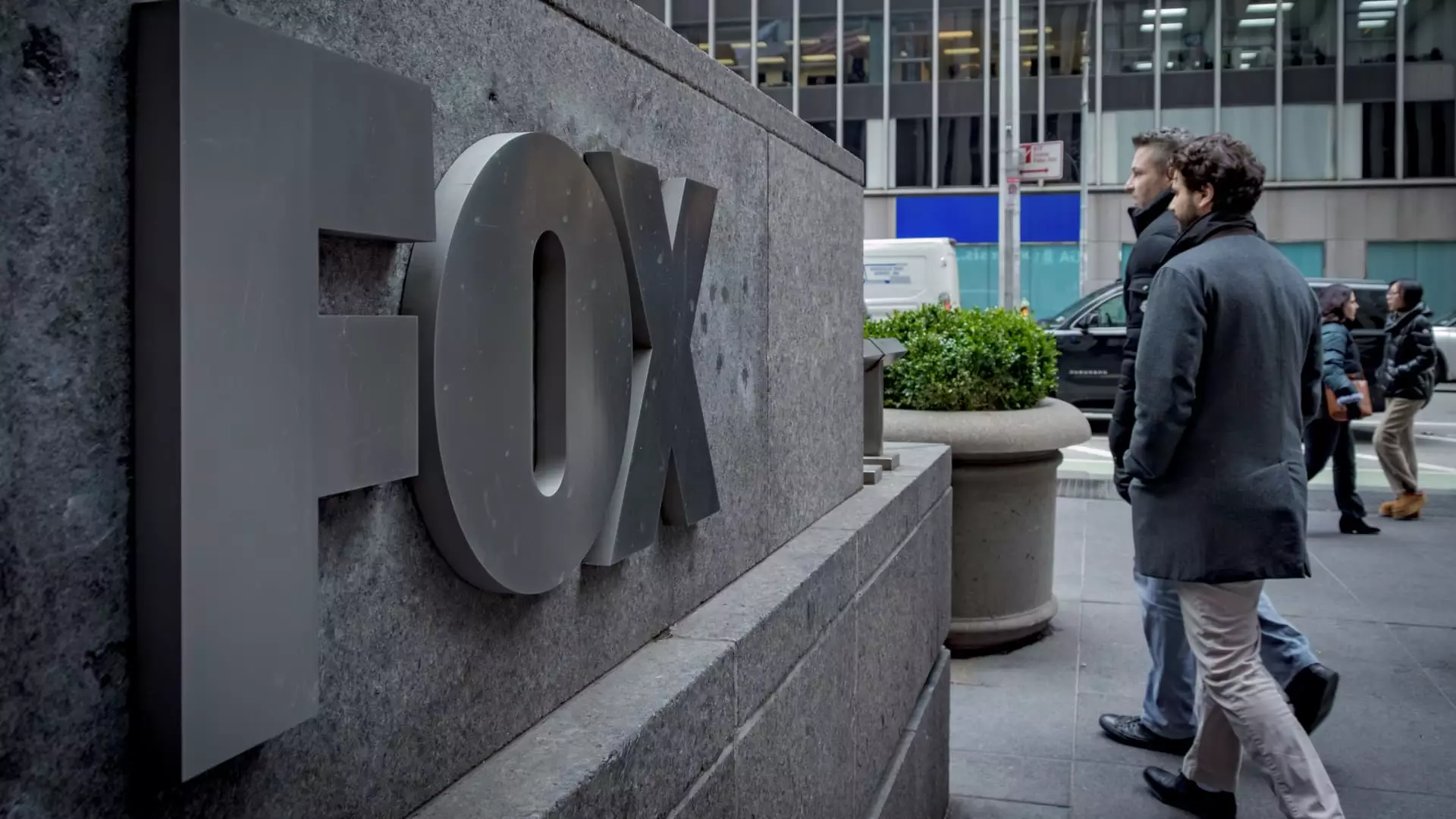Fox Corporation’s recent announcement about launching Fox One, its direct-to-consumer streaming service, is a testament to the company’s cautious approach rather than visionary leadership. Instead of boldly redefining its content delivery, Fox is merely dipping a toe into the waters of streaming, offering a limited, uninspired product that largely replicates its existing broadcast offerings. With a monthly fee of $19.99—an amount that hasn’t been justified convincingly—Fox seems more interested in maintaining its fragile pay TV ecosystem than in genuinely reinventing its business model. This move exposes an underlying fear of alienating traditional cable subscribers, and it reveals an unwillingness to fully commit to a future dictated by consumer-centric digital consumption.
Reliance on Existing Assets—A Defensive Strategy
What is more striking is how Fox is leveraging its existing holdings, such as NFL and MLB rights, as a protective shield rather than as a springboard for innovation. The company insists that Fox One will primarily be a portal for its current content—live sports and news—without any ambitious effort to develop original programming or exclusive franchises. This cautious stance might seem pragmatic in the short term, but it ultimately underscores a defensive posture, one that aims to preserve what remains of traditional revenue streams rather than seize new market opportunities. The absence of exclusive or compelling content diminishes the service’s potential to attract new audiences, rendering it more of a cost center than a growth engine.
Missed Opportunities and a Strained Vision
The decision not to include exclusive programming or original content marks a pivotal failure in Fox’s strategic thinking. While competitors like Disney with ESPN+ have invested heavily in original content and exclusive streaming rights, Fox appears content with a minimalistic offering that only rehashes what audiences can already find elsewhere. This approach reflects an underlying conservatism that underestimates the transformative power of digital media. It suggests a reluctance to invest in building a true streaming identity, preferring to cling to traditional advertising and rights-based revenues. Such a stance may provide temporary relief, but it risks leaving Fox behind in an industry that increasingly values innovation and audience engagement over existing assets.
Strategic Ambivalence—Balancing Bundles and Independence
The company’s plan to bundle Fox One with other streaming services reveals a conflicted strategy. Murdoch talks about offering convenience and maintaining focus, but the push to bundle—without clear, compelling content—appears more like an apology for a half-hearted product than a genuine effort to create a competitive platform. Fox’s cautious approach to bundling highlights a fundamental tension: Should it prioritize reaching wider audiences or protect the integrity of its core pay TV base? This indecision underscores the broader uncertainty gripping legacy media companies as they navigate a rapidly evolving digital landscape. Rather than leading the charge, Fox seems content to follow, risking irrelevance in the process.
The Larger Implication: A Company Playing Catch-Up
Fox’s streaming strategies reveal more about its internal hesitation than its ambitions. While rivals ramp up investments in original series, exclusive rights, and innovative digital experiences, Fox remains tethered to its legacy assets and cautious pricing. The reluctance to take significant risks highlights a broader liberal-centrist dilemma: how to adapt in a disruptive era without alienating existing stakeholders. Fox’s approach suggests it views streaming as a necessary expense rather than an opportunity for transformative growth. But the path forward demands bolder leadership, decisive investments, and a willingness to challenge its own traditional business model—none of which seem apparent in its current strategy.
Ultimately, Fox’s streaming endeavor appears less like an act of innovation and more like a superficial attempt to placate investors and protect its dwindling revenues. In a media landscape that rewards audacity, Fox’s conservative, status quo-driven tactics threaten to make it irrelevant in the digital age. The question remains: will it muster the courage to truly innovate, or will it continue settling for modest, incremental changes that only delay the inevitable decline?

